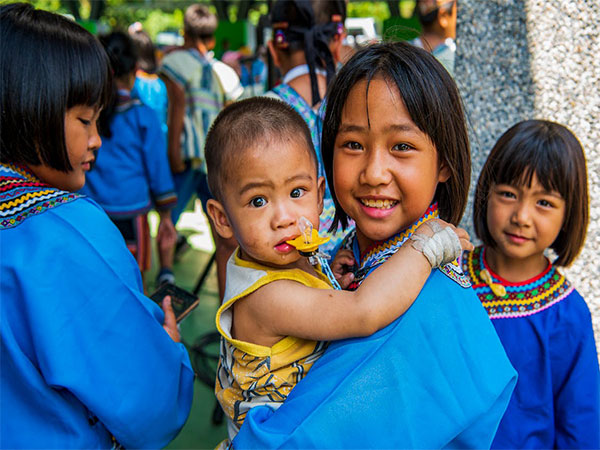China Intensifies Cultural Control over Tibet's Educational System
Chinese authorities have imposed strict new regulations limiting cultural and religious freedoms for Tibetan children during the winter school break, aiming to curtail the use of the Tibetan language and participation in religious practices. This policy pushes Mandarin and political education, restricting Tibetan identity.

- Country:
- China
In a move drawing concern from international observers, Chinese authorities have implemented stringent measures to curtail cultural and religious freedoms among Tibetan children. Reports from Radio Free Asia reveal that these measures commenced on December 30, targeting Tibetan language usage and religious practices during the winter school break.
Among the most significant of these restrictions is the ban on private Tibetan-language instruction. Consequently, students in regions including Tibet's capital, Lhasa, are prohibited from engaging in extracurricular Tibetan education. Instead, children are directed towards enhancing their Mandarin proficiency, with lessons centered around Chinese political and state-endorsed content. In zones like Dzoge (Zoige) and Ngaba (Aba) counties, further limits have been imposed on religious expression, barring religious symbols and activities.
This directive is part of China's larger campaign to assimilate Tibetan culture into the broader Han Chinese ethos. Reports from provinces such as Golog (Guoluo) and Kardze indicate strict enforcement of these norms, with random checks in residential and commercial areas ensuring adherence. These policies underscore Beijing's ongoing efforts to erase Tibetan identity and consolidate Tibet within China's cultural sphere.
(With inputs from agencies.)










